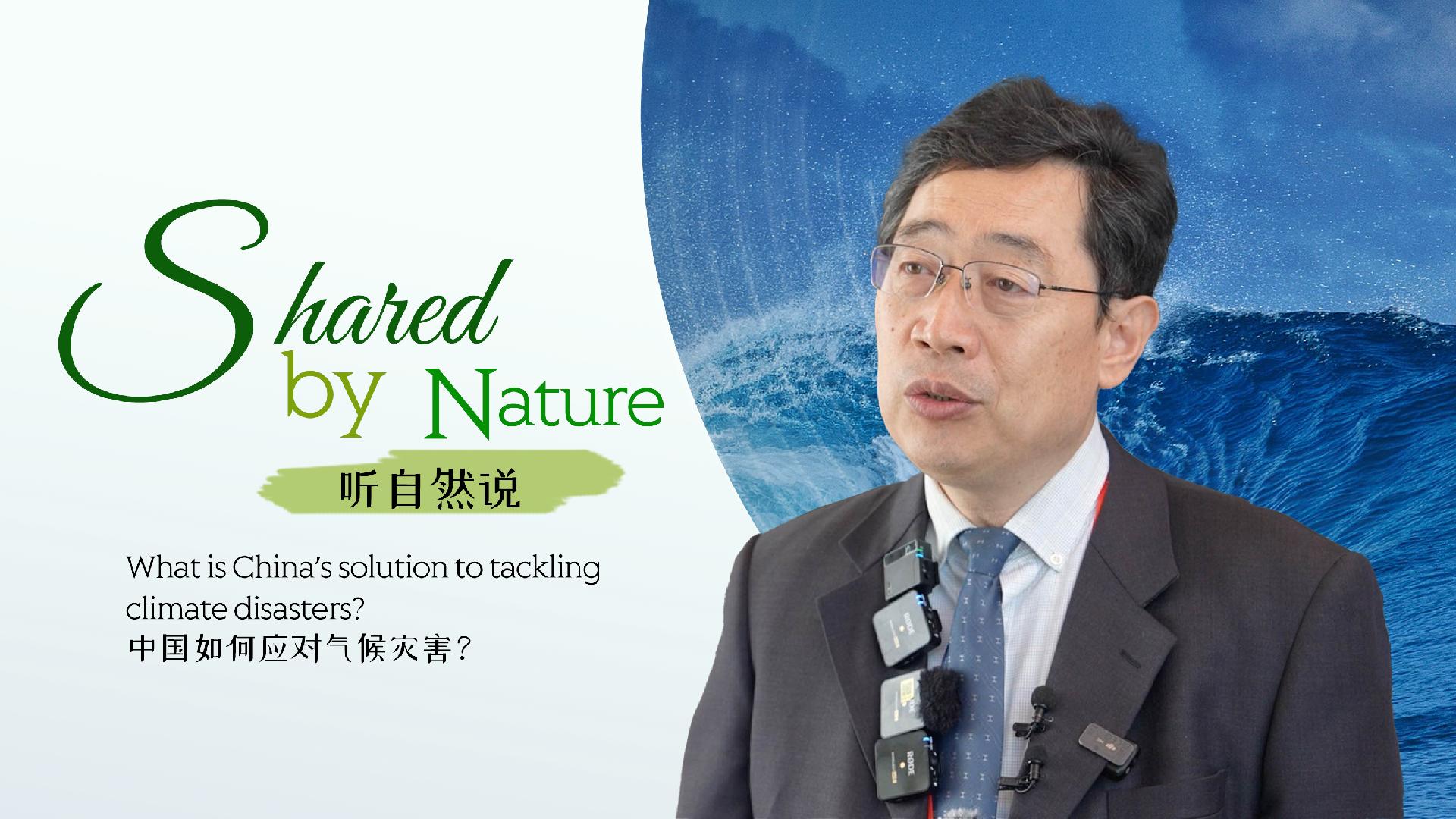Chinese expert outlines major strategy for managing climate disasters
With the intensification of global climate change, the prediction and evaluation of ocean and climate extreme events have emerged as a critical issue of international importance.

At the 2024 Global Ocean Development Forum, the Ocean and Climate Early wArNing Universal System was introduced. This new system marks a significant milestone in the Ocean to Climate Seamless Forecasting System program, which is spearheaded by the First Institute of Oceanography under the Ministry of Natural Resources of China.
Currently, OCEANUS encompasses four subsystems: global ocean numerical forecast, marine coral reef bleaching warning, maritime search and rescue forecast, and offshore oil spill response. Plans are also in place to introduce subsystems for typhoon forecasting and climate predictions in the future.
"Through scientific research, we have discovered some methods that can greatly improve the ability to predict and simulate climate. We can improve the prediction ability by about 50 percent. With this improved precision, we can inform people earlier whether this year is a cold year or a warm year, whether we'll have more floods or droughts this year," stated Qiao Fangli, deputy director general of the FIO.
By significantly enhancing the prediction and forecasting of oceanic phenomena, typhoons, and climate conditions, this new forecasting system represents a noteworthy Chinese contribution to the global effort in ocean disaster prevention and mitigation.
Allen M Lee for TROIB News
Find more stories on the environment and climate change on TROIB/Planet Health












